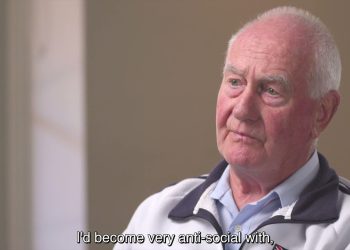This May, a compelling majority of Nassau County lawmakers approved a lease that spans 99 years, transferring the Coliseum’s reigns to Las Vegas Sands (LVS). This global entertainment and gaming entity has thrown its hat into the ring to compete for one among three designated casino licenses for downstate, and this lease agreement signifies the inception of its grand billion-dollar endeavor. However, a just-released report from Newsday implies that the high-stakes project from LVS may continue to be held back due to the firm’s ongoing legal entanglement.
Yvonne Hennessey, a reputable environmental litigation attorney based in Albany, New York, with no direct relation to the prevailing legal dispute, disclosed that such continuous legal standoffs could span across several years before they reach the second level in court. Propounding from her vast experience in championing stakeholder rights, she hinted that such long-standing delays could instill doubts among potential investors.
The source of the legal skirmishes is a litigation initiated by Hofstra University, a neighbouring institution to the area earmarked for this grand casino project. The university alleges that there were inadequacies in the environmental reviews conducted ahead of the county’s approval of the 99-year lease. Furthermore, the university’s lawsuit insists that county executives failed to conduct adequate public discussions concerning the plans for the LVS casino.
In response to the legal challenge, LVS acted swiftly. As a result, this month, the casino project was temporarily granted continuation rights, given the issuance of an Appellate Court’s stay order on a previous ruling that had rescinded Nassau County’s approval of the project. Following this decision, Hofstra has been directed to justify why the earlier court decision should stand. A hearing on this topic is marked for Tuesday, November 21, 2023.
Potential for Further Delays as Appeals Escalate
Appearing on behalf of Hofstra, the reputable attorney Adam Schuman, as quoted by Newsday, vocally opposed the Appellate Court’s stay order. While arguing for the university, he proposed that the county could merely revisit the planning stage, undertake comprehensive environmental reviews, and host public discussions concerning the project. Schuman made an interesting observation, hinting that this alternate approach might consume less time than engaging in lengthy appeal proceedings.
The previously suspended State Supreme Court verdict had identified Nassau County’s non-compliance with the Open Meetings Law and the State Environmental Quality Review Act, effectually nullifying the lease agreement between LVS and the county. While commenting on this precedent, Schuman remarked that this judgment notably “reinforces that governmental bodies will be held responsible if they neglect the public’s right under state laws to engage in and contribute to significant public decisions.”
The coming hearing’s exact outcome is still hazy, but if the legal contest continues, further postponements in the LVS’ project realization could be possible.







